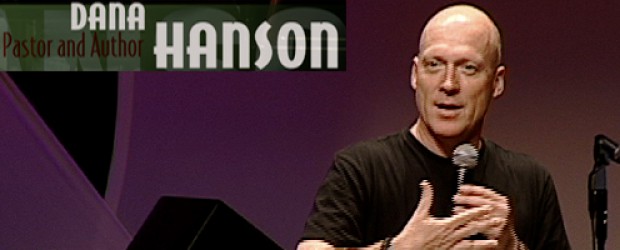I enjoy reading the blog, Stuff Christians Like. Jonathan Christopher is hilarious and spot on in so many situations. His latest blog has to do with Worship Leaders giving mini-sermons between songs or during an instrumental version.
The Examples Method- connecting to the message and theme of the day.
The Dictionary Method- break down a word from its original bible language meaning.
The Bible Method- Quote scripture that relates to the song.
Matt, worship leader from my tribe at LIFEhouse is all three types listed on SCL. I am fed whenever he speaks. Besides the mini-sermons listed, he will reiterate my message, at times just recasting the vision received from God for the community.
Rob, also on the worship team, gives mini-sermons on occasion, as well. He is a new Christian, and so what he does so well is speak honestly about how God has moved him through music, and gives mini-testimonies of his journey, in particular how a song he has written came about from the Spirit. Rob doesn’t speak often, but when he does, he really feeds us from the Father.
So here are 3 more methods to add to the SCL list.
Testimony Method- Speaking about how God has impacted your life, maybe even the importance of the specific song you are singing in your faith journey. Or if you know the story behind a particular worship song, briefly telling the story. This can also be a song you wrote. I remember worshipping when Matt Redman was the guest worship leader at Church on the Way, and he told the story of his song, “Heart of Worship.” It was amazing.
Theme Method – Expanding on the theme and message of the day. Can be used as an introduction to what is coming, or it is also effective after the message. This gives instant expansion of the key focal point, and it is a great example of how important the listener is when God’s Word is preached.
Vision Method- When the worship leader recasts the vision God has given to the church. The vision, as received by the lead pastor, becomes much more viral when it is recast by other leaders in their own language. This works well connected specifically to the song being sung; not simply an unrelated vision casting.
